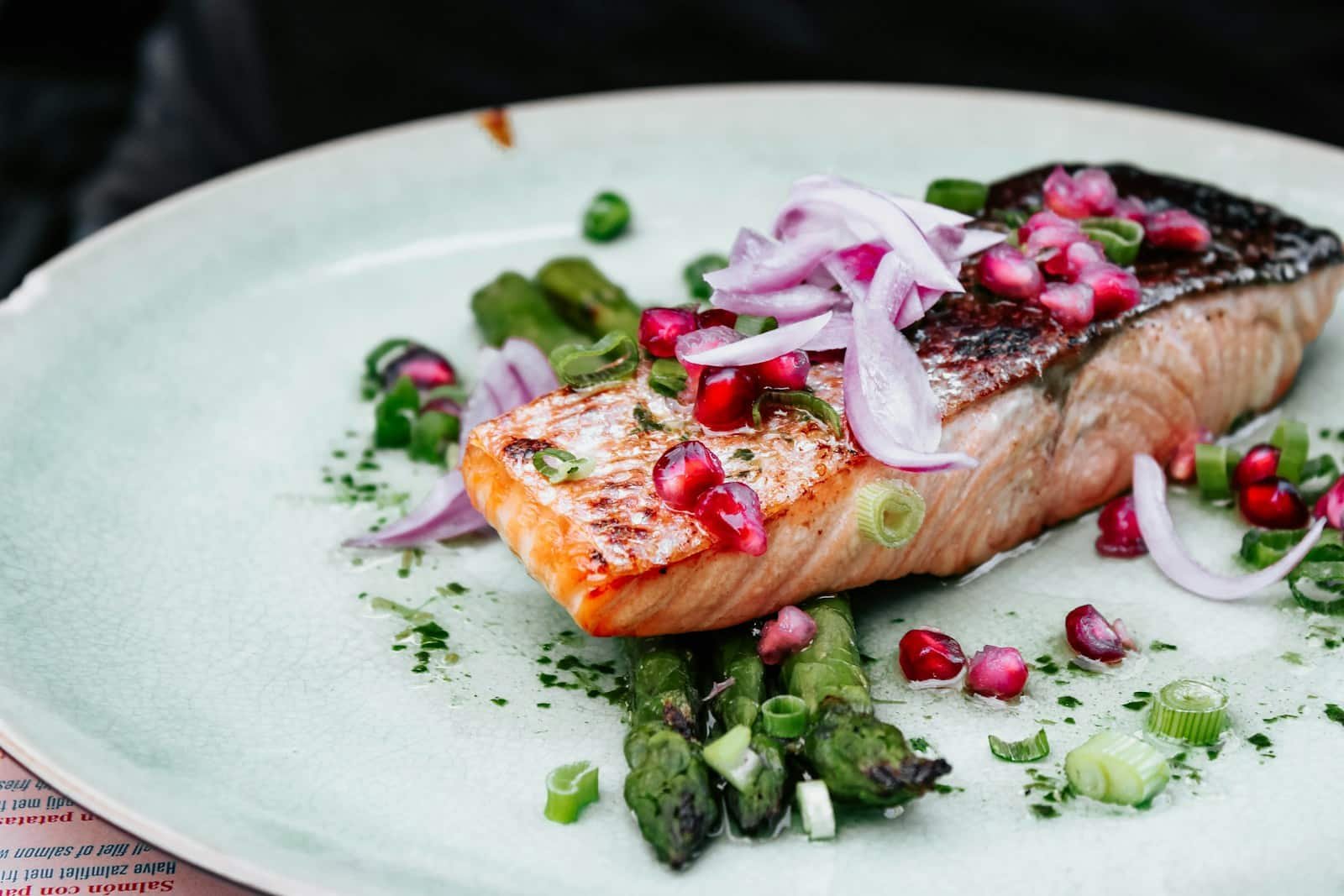Salmon, with its rich flavor and numerous health benefits, is often celebrated as a superfood. But is it possible to have too much of a good thing? In the quest for a balanced diet, many salmon lovers may wonder if they can indulge in this nutrient-packed fish every day. Let’s dive into the facts, consider the recommendations, and discover how to safely incorporate salmon into your daily diet.
Salmon is lauded for its high content of omega-3 fatty acids, which are essential for maintaining heart health, reducing inflammation, and potentially lowering the risk of chronic diseases. It’s also an excellent source of protein, vitamins B12 and D, and minerals like selenium and potassium. Given these impressive nutritional credentials, it’s no surprise that salmon is often recommended as part of a healthy diet.
While salmon is nutritious, the question remains: can you eat salmon every day? The answer isn’t straightforward. The FDA recommends eating 8-12 ounces of fish per week from choices that are lower in mercury, which includes salmon. FDA Advice About Eating Fish
However, there are a few factors to consider before you make salmon a daily staple:
One of the main concerns with frequent fish consumption is mercury exposure. Fortunately, salmon is considered to have lower mercury levels compared to other fish like swordfish or shark. This makes it a safer option for more frequent consumption.
Eating salmon daily also raises sustainability issues. Overfishing and environmental impact are significant concerns. Opting for wild-caught Alaskan salmon or sustainably farmed options is crucial. Monterey Bay Aquarium Seafood Watch is an excellent resource for checking the sustainability of your seafood choices.
A varied diet is key to obtaining a wide range of nutrients. While salmon is healthy, relying on it solely for your dietary needs can result in missing out on other vital nutrients found in different foods.
When considering daily consumption, it’s also important to differentiate between farmed and wild-caught salmon. Farmed salmon may contain more contaminants depending on the farming practices. Wild-caught salmon is often preferred for its lower likelihood of containing antibiotics and other chemicals. However, it’s essential to ensure that the wild salmon you’re consuming is sourced responsibly to avoid contributing to overfishing.
If you’re considering eating salmon every day, here are some guidelines to follow:
In conclusion, while eating salmon every day is not inherently dangerous, it may not be the optimal choice for everyone. Balancing your diet with a variety of proteins and nutrients is crucial for overall health. Sticking to the FDA’s recommendation of 8-12 ounces of low-mercury fish per week, considering sustainability, and opting for a diverse range of foods will ensure you reap the benefits of salmon without overexposure to potential contaminants or environmental impact.
So, can you eat salmon every day? Yes, but with mindful consideration. By following the guidelines and ensuring variety in your diet, you’ll be on your way to enjoying the health benefits of salmon while also being a responsible consumer. Remember, the key to a healthy diet is diversity, and that applies to how often you eat all types of foods, including salmon.
For more detailed guidance and the latest recommendations on seafood consumption, always refer to resources provided by the CDC and FDA to stay informed and safe. Happy and healthy eating!


